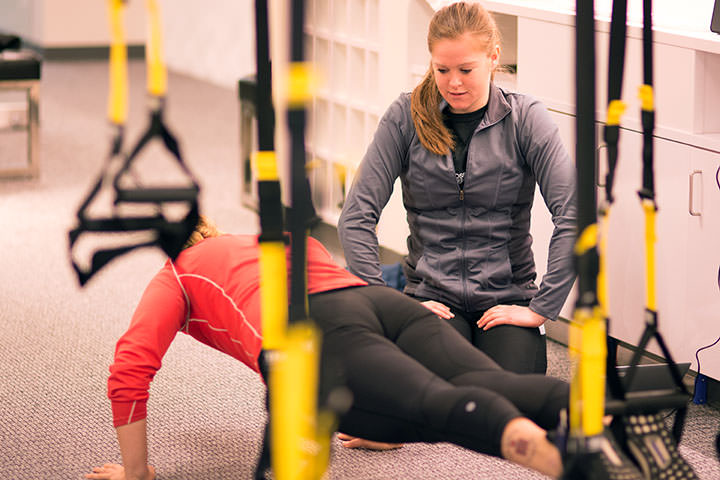Physical therapists are special in their ability to diagnose. Growth in your career as a physical therapist is important, and there is no better way to grow than education. From starting as a new grad to being able to quickly and accurately diagnose and treat clients, gaining knowledge is the primary way that physical therapists grow and implement their skills.
Quality of continuing education can vary dramatically, and as a new graduate from physical therapy school it can be difficult to determine what is best for you. Adding to that confusion, most PT clinics know how important continuing education is and often list it as a perk, with note that it is required for Continuing Medical Education (CME) credits to maintain your license. And because continuing education is a business which can be quite expensive, it can take on an unsavory feeling and make understanding the course landscape more challenging.
Questions that might help evaluate how much educational support a physical therapy clinic offers:
- Do therapists at a clinic each have more than one certification, do they have similar certifications? This is a great indicator of how important continuing education is to that clinic.
- What types of classes do physical therapists at the clinic take? A survey of the certifications possessed by members of the clinic will give you a good idea of what to expect.
- Does the clinic support internal coursework by staff members or external training through independent, third parties?
- Does the PT clinic offer in person classes or prioritize “unlimited training” online through subscription services such as Medbridge?
- Does the clinic offer additional paid time off to attend classes, or do you have to use your personal time?
- Does the PT clinic require you to pay for continuing education up front and then reimburse you?
- Is there a travel allowance to help cover costs of hotels, food or transportation?
These are just a few questions and hints to consider in understanding how a clinic approaches continuing education.

At Rose Physical Therapy we prioritize in person coursework. Every physical therapist at Rose is certified in trigger point dry needling (TPDN) and Active Release Techniques (ART), as well as other evidence-based diagnostic and treatment protocols such as McKenzie Mechanical Diagnosis and Therapy (MDT), Maitland, Graston. Here are a few of our continuing education perks:
- An unlimited continuing education budget.
- Additional 40 hours of paid leave or paid time off (PTO) to attend courses. This allows our team members to attend courses sacrificing personal PTO.
- Yearly travel budget to ease costs for transportation, hotels, and food. Not every continuing education course is offered in the Washington, DC metro area, Maryland or Virginia. Not every continuing education course is catered. We do what we can to make it easier for our team to participate because we place a high value on growth through learning.
We want our therapists to take courses that have a treatment component that can be implemented right away. But more important to us is that our team members are experts at diagnostics. So the courses we focus on are those that foster growth in diagnostic physical therapy, which is something we think is special in our field. Our approach also impacts our clients, which is why we are in this field to begin with, right?

If you are interested in applying to work at Rose, you can view our Careers page.


